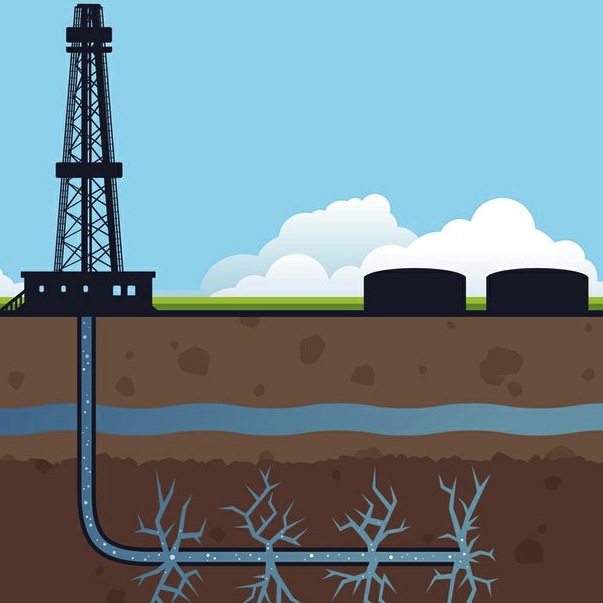
Hydraulic fracturing (fracking) 2013

In recent years the scale of hydraulic fracturing (fracking) for oil and natural gas in the United States has grown enormously. This might be positive news for efforts to mitigate climate change, since natural gas produces fewer carbon emissions than other fossil fuels in many situations, but there are also reasons for concern, including fugitive methane emissions associated with natural gas production and the carbon footprint of oils recovered through these methods. This contest seeks proposals on how to measure, monitor, and reduce the climate impacts of fracking. See more...
3
Proposals
States require drillers to “buy” wasted fuels from gas utilities. The utilities deploy methane-sniffing drones and mobile sensors.
Increased fracking will create sites for CO2 sequestration.
The gas/oil piping will be suitable for CO2
once the well is largely exhausted.
Using big data, open platforms and distributed networks to collect, share, and analyse fracking information to drive solutions